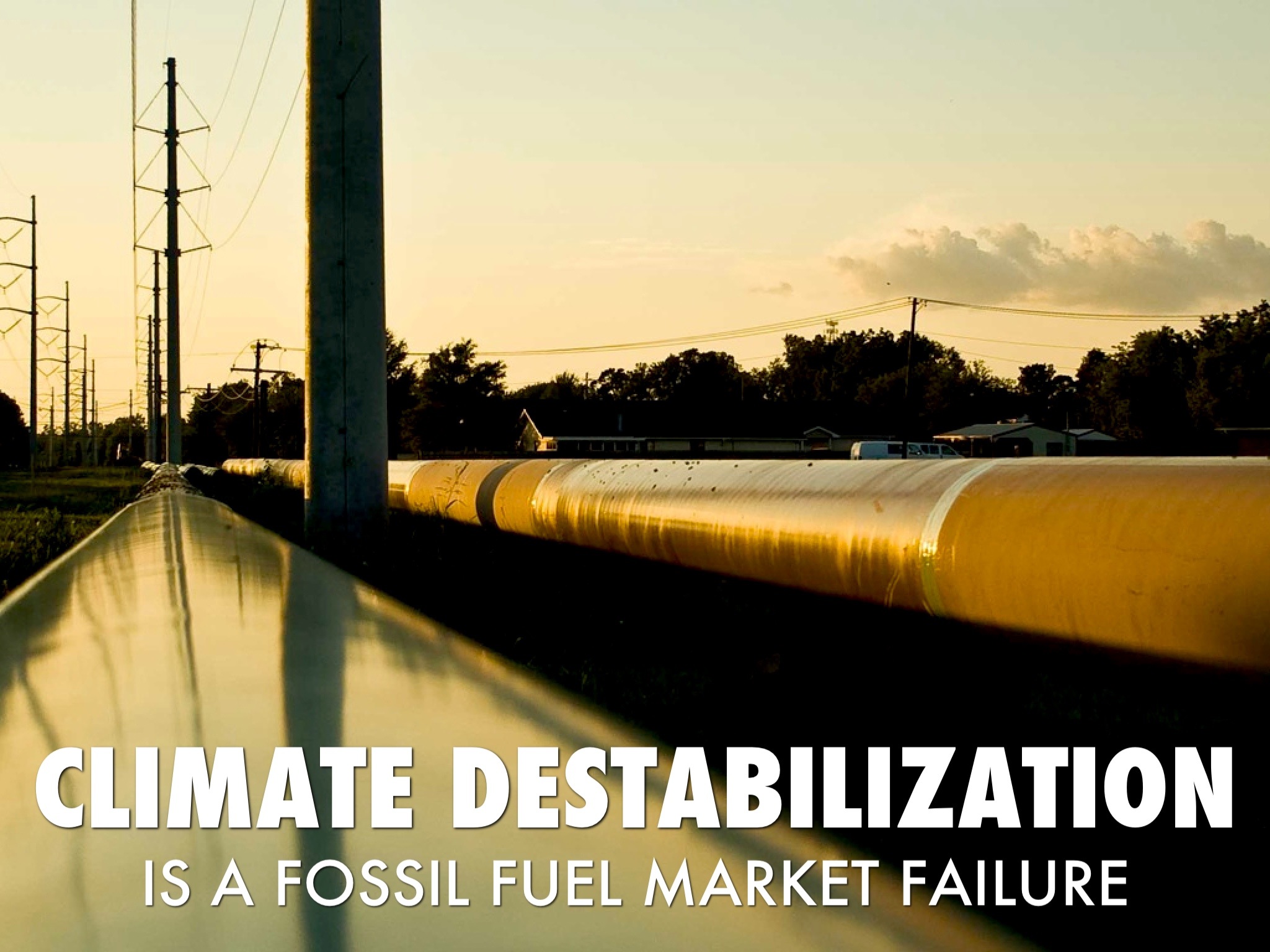Watch where you are going! It’s simple advice, given to every child and which immediately comes to mind whenever someone obviously slams into us as we walk in the street or in a crowded train station, shop or airport. We expect all other drivers to watch where they are going, so we can be relatively free of the fear that we will suddenly be struck by some unconscious aggressor not interested in our safety or their own.
Yet somehow, enough of us overlook this simple, sound advice enough of the time that every day there are tragedies on the roads and encounters in which otherwise grounded people find themselves suddenly enraged, baffled and disappointed, even scared nearly to death, by someone else’s coldness to consequence.
It is one of the fundamental human qualities to observe not only incidents and occurrences but also patterns, trends and the gathering of momentum. It is, then, by extension, a natural human project to synthesize information from different realms of experience.
What one observes, personally, with the five senses, is one kind of evidence, but to understand the realm of human experience fully, we need to add to that the knowledge that emerges from our collective projects of problem-solving: science, politics, engineering, even the cognitive intuitions tied to human relationships and emotional intelligence. Ethics, justice, the abstract sense of what we call balance, or reciprocity: without these, we cannot say we are doing our best at governing our own lives or the society in which we live.
On the new Ecomagination program The Energy Fixers, we hear another variation of this important advice. Michael Rogers, the New York Times’ resident futurist, put it like this:
In many ways, the United States citizen, today, is a little like the frog in the pan of hot water, that’s sitting on an open flame on the stove. The frog just thinks it’s getting a little bit warmer; the frog doesn’t know that sooner or later that pot is going to boil.
As a species, as the thoughtful foragers of the natural world—of Divine Creation, if you like—we tend to organize ourselves to better watch where we are going. Religion does this; legitimate political structures do this; we want our laws to do this. And all of the arts and the many fields of deliberative inquiry also do this, in their way. It is vitally important that we be honest in our evaluations of what is and act earnestly and with our best moral fiber and intelligent imagining, to work for and bring into being the best outcomes. We expect this of others, and so we should demand it of ourselves.
At present, the state of Delaware is setting up the framework for a state-wide sea-level-rise evacuation strategy. With as much as 80% of residents living near tidal bodies of water, the risk to life and property of climate destabilization-induced flooding may be the worst in the nation. With the region also “sinking” geologically, the sea-level-rise is happening at twice the expected rate.
Such elements of lived reality are crucial for understanding where we find ourselves, at this moment in history, as a nation, and as an industrializing species suited to brainstorm smart solutions to serious crisis-level problems. As sea levels continue to rise, disasters like Hurricane Sandy will become both more frequent and more severe; they already have.
Our current model for accessing and redistributing energy—held in the substance and activity of nature—is failing. We pay as much as 5 to 8 times what we pay at the gasoline pump, through hidden channels of systemic financing, in order to use carbon-based fuels. The other costs are externalized—from the industry to us—by way of direct and indirect subsidies, tax breaks, expensive government services provided for the industry and by way of the impact on human health.
We know we do not need carbon-based or liquid combustible fuels. We know that cutting edge technologies already in existence can take us far beyond meeting current and future demand. We know exactly how to spark an economically vibrant transition to clean renewables, and to do so affordably.
The climate solution moment is now. The impacts are already worse that predicted, and mounting. While Delaware seriously investigates ways to evacuate up to 18% of its population to higher ground, New York City is exploring ways to build barriers in New York Harbor to protect the city from ever more severe storm surges. We can solve this; we know how to do it; we must commit our imaginations and our collective willpower to constructive problem solving.
The time is now.
- Learn how to solve the climate crisis.
- Start organizing for change today.
- Write to your representatives in Congress, today.
- Take stock of the ethical thrust of the climate crisis.
- Learn how a GOOD economic framework can save us.
- – -
Originally published February 26, 2013, at TheHotSpring.net
